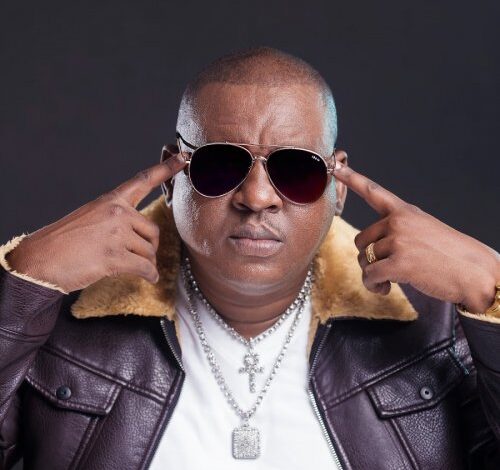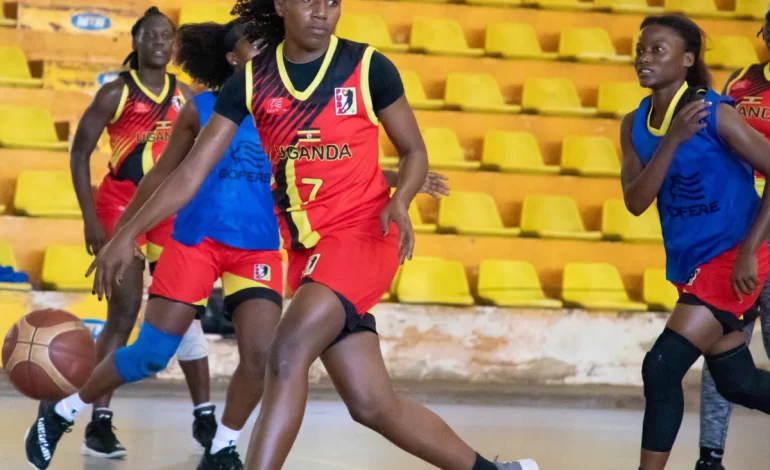While appearing on Kasuku Live youtube channel that belongs to Ugandan media personality Isaac Katende alias Kasuku Wazabanga, Baboon Forest CEO and celbreated Hip-hop artist GNL Zamba asserted of how singer Pius Mayanja commonly known as Pallaso is the most talented Mayanja, something that has caused mixed reactions amongst music critics and fans on the internent already.
For those who didnt know “The Mayanja`s”, this is a family which habours artists who are siblings and that include Joseph Mayanja (Chameleone), Douglas Mayanja (Weasel), Pius Mayanja(Pallaso) and the late Emmanuel Mayanja (AK 47)
“To me, Pallaso is the most talented Mayanja”, GNL Zamba partly says in the interview. Many netizens mistook “talented” for “greatness” and took Zamba`s assertions with a lot of predilections.
Lets draw the lines anyways by painting a much more bigger picture for this whole gravitating conversation.
What is greatness and how do people get there? Is greatness born or made? Is greatness the result of talent or practice? Few other questions have caused such intense debate, controversy, and diversity of opinions. The heights of human accomplishment have always fascinated us, and for good reason. The striving for greatness is a fundamental human drive, and without it we would be bereft of some of our most valuable cultural products. How we conceptualize greatness and its developmental trajectory has important implications for education, business, and society— which makes it all the more important that we make an effort to understand all the many complex, nuanced factors contributing to its emergence.
In ancient times, greatness had spiritual connotations, and geniuses were viewed as divine. Kant thought talent was an integral ingredient of the emergence of greatness, as geniuses use their natural talents to produce something original and exemplary (Kant, 1790/1952). According to Kant, since genius was inborn, it cannot be taught; it can only be imitated by inspired non-geniuses. The English dramatist John Dryden echoed Kant’s sentiment, declaring, “genius must be born, and never can be taught” (Dryden, 1693/1885, p. 60).
Now many people may be asking, what then defines talent? Some may believe that someone who is passionate about drinking beer isn’t necessarily talented at the task at hand. Maybe they are drunk after one beer. Does that make them talented at drinking beer or at getting drunk? I’d say the answer is dependent on who is defining the given talent.
Personally I believe that talent does not need a definition and should be open to interpretation. Because the line is grey when defining talent, it is key that the definition remains open. Another example can be seen with the arts. Who defines an artist as talented? What separates artists from other professions? Would you ever classify an accountant or engineer as talented or skilled? No one is ever born with the talent to be a lawyer. This is a skill that is learned. Would one then classify talent as an artists endeavor – with the classification residing only in the arts? Personally, I think that’s unreasonable.


